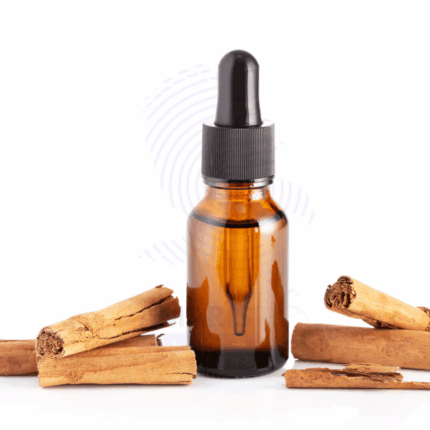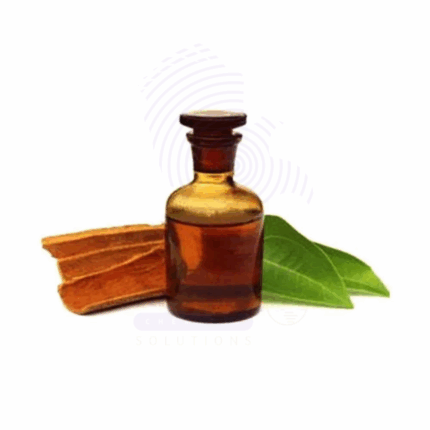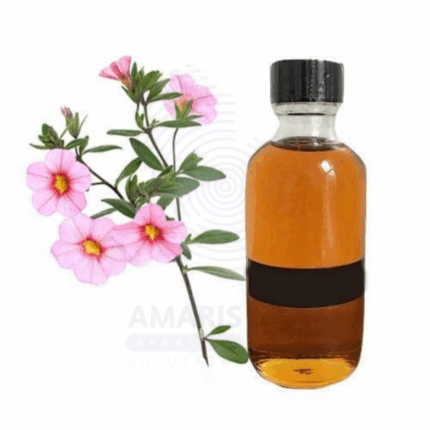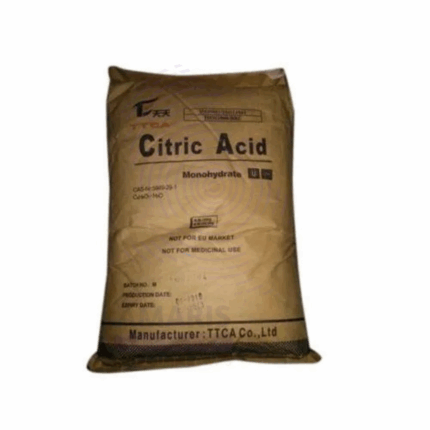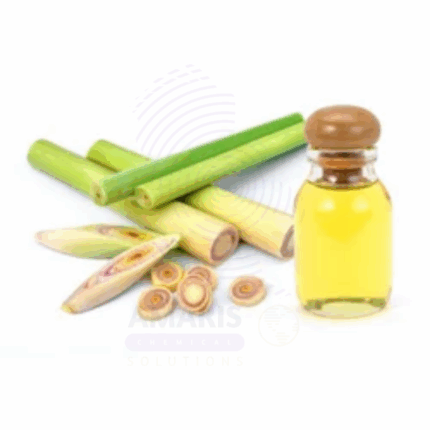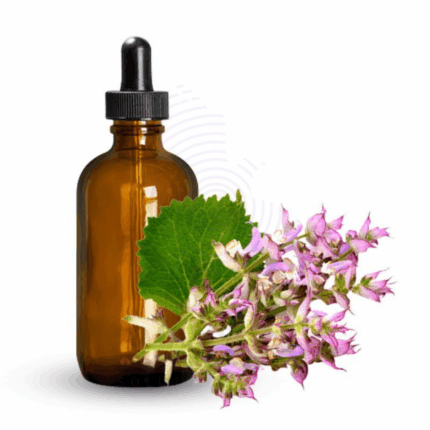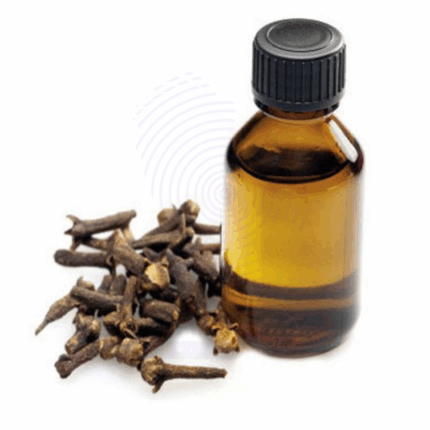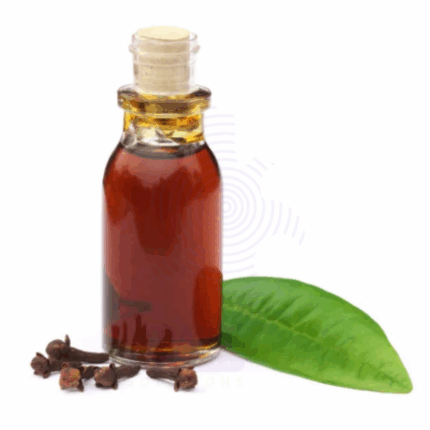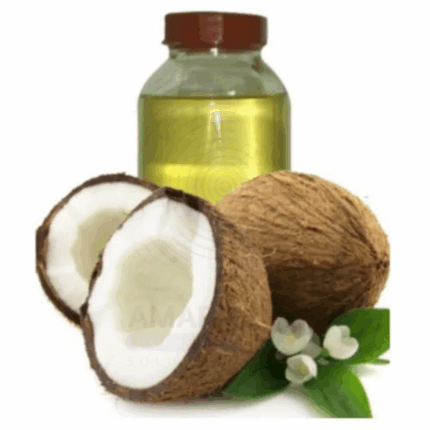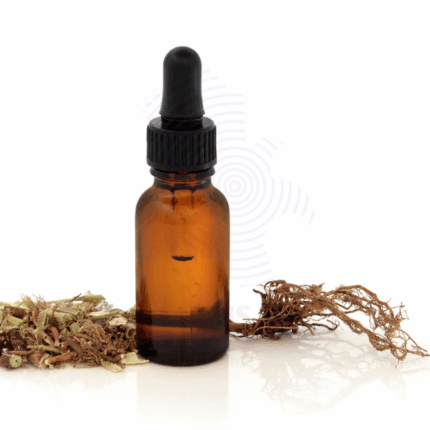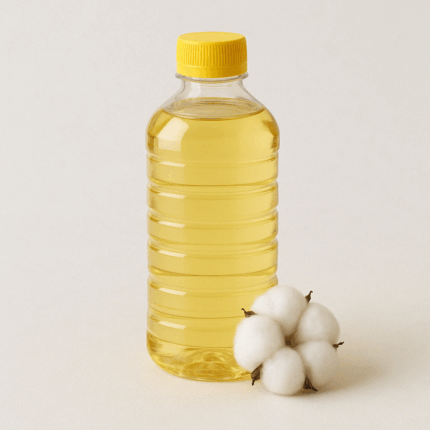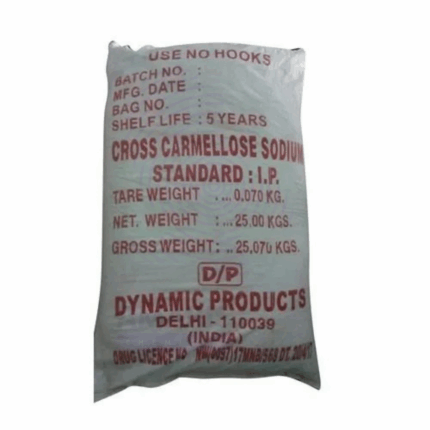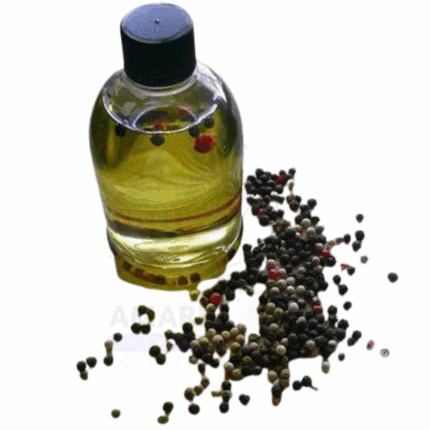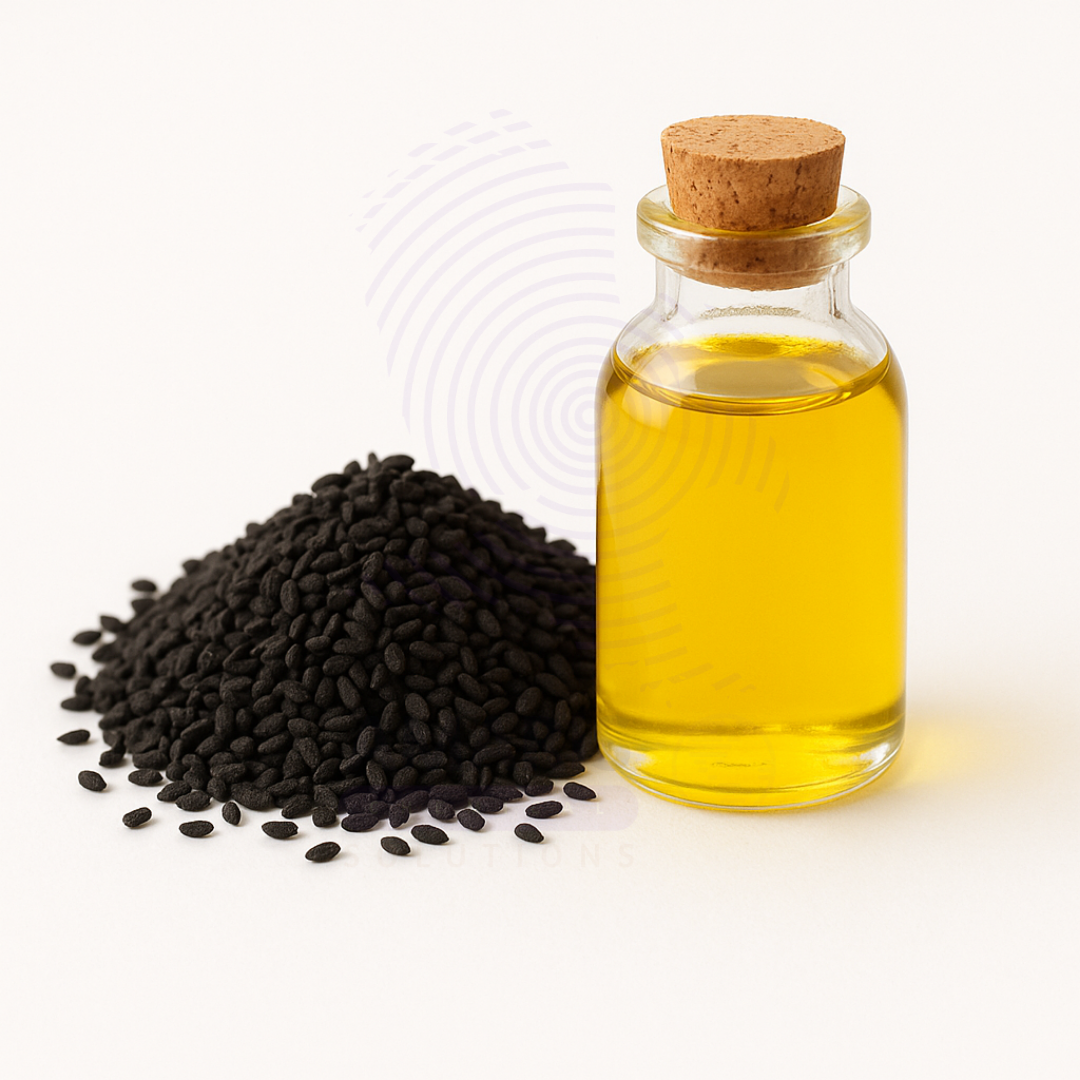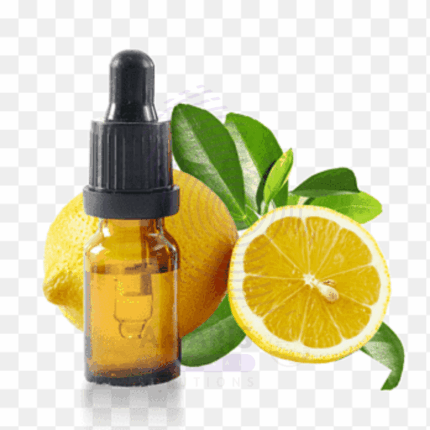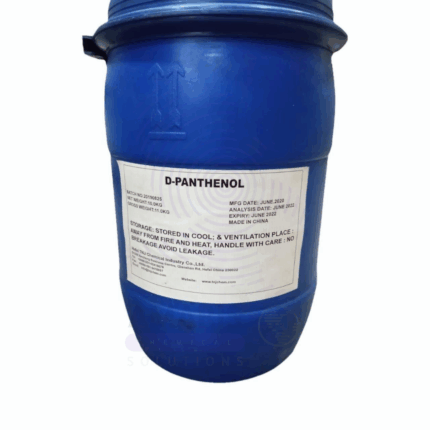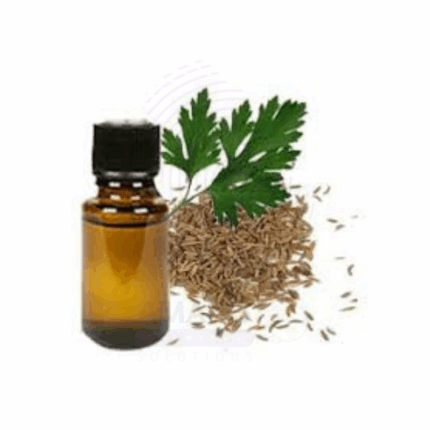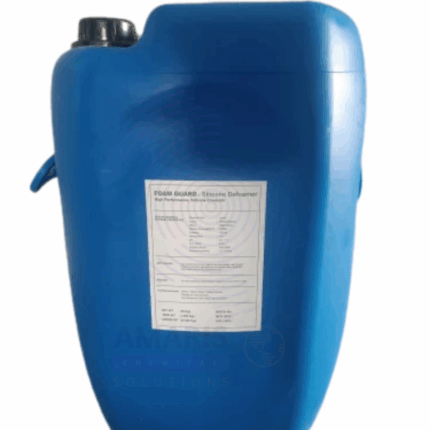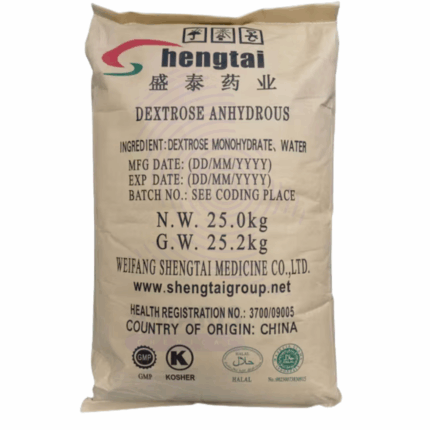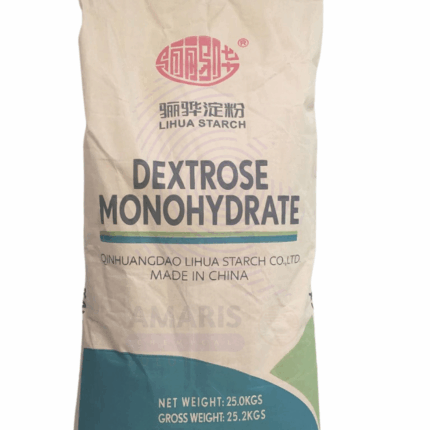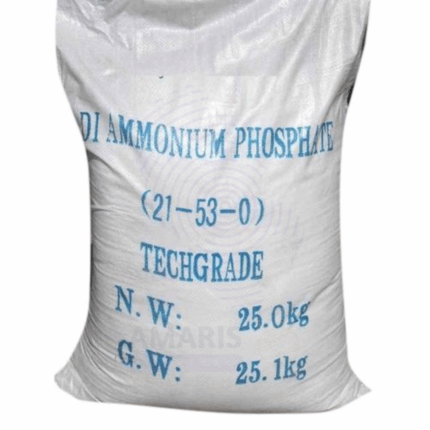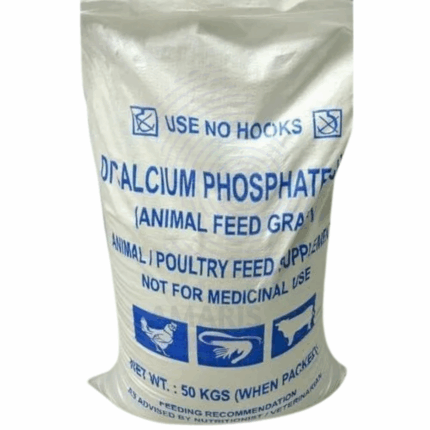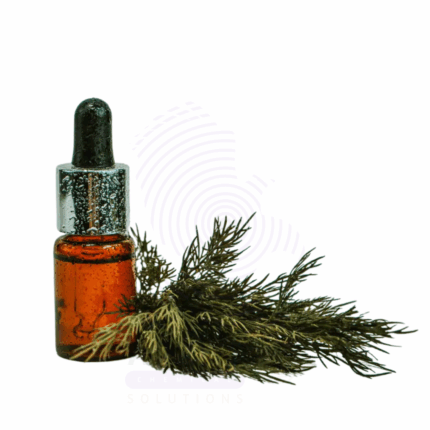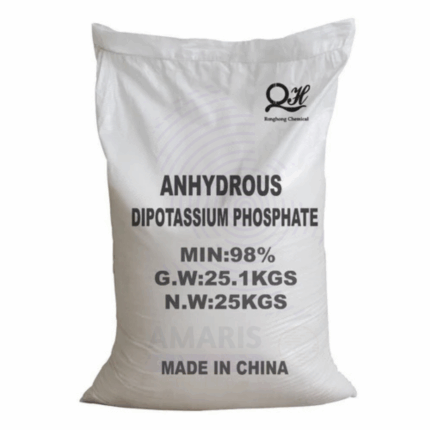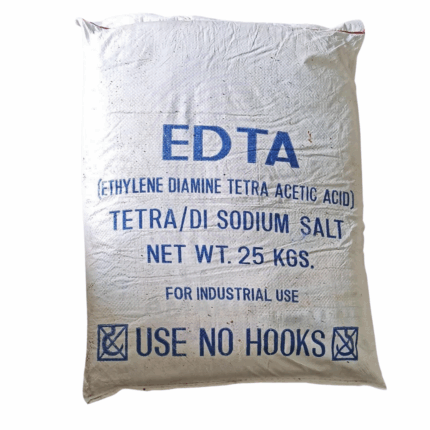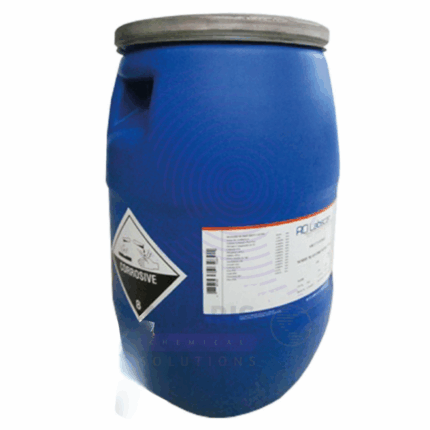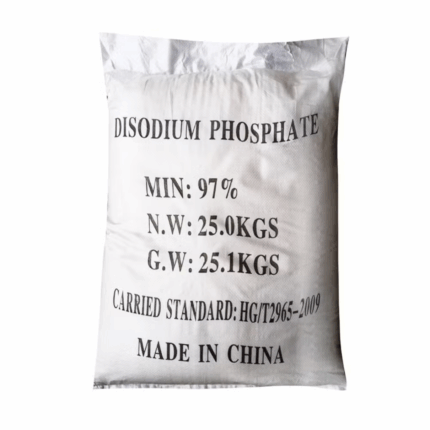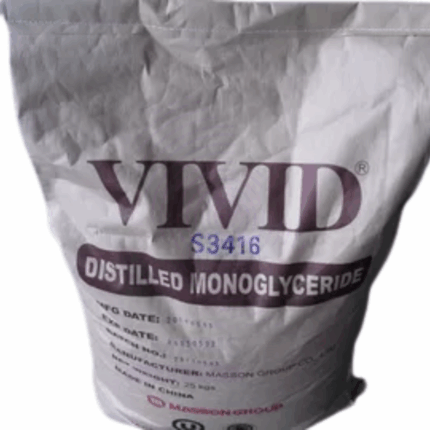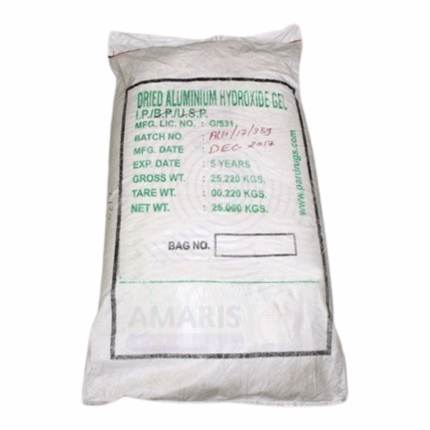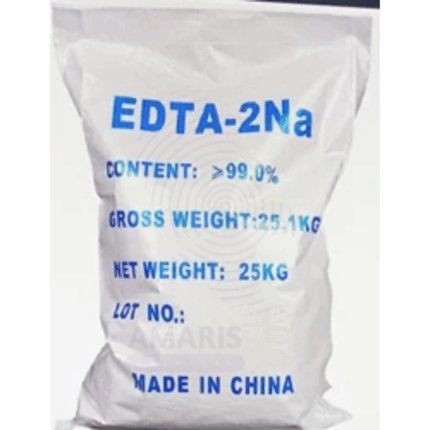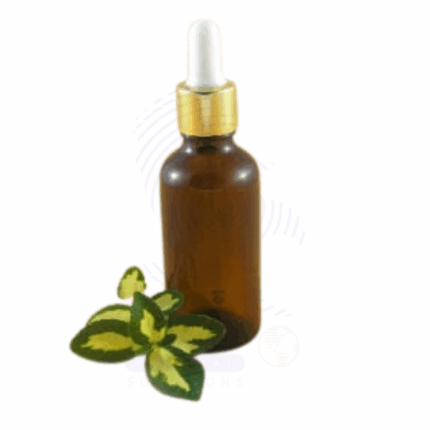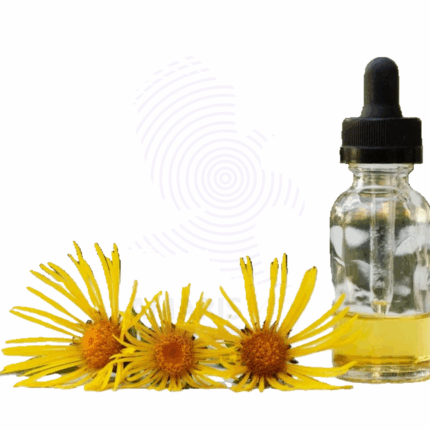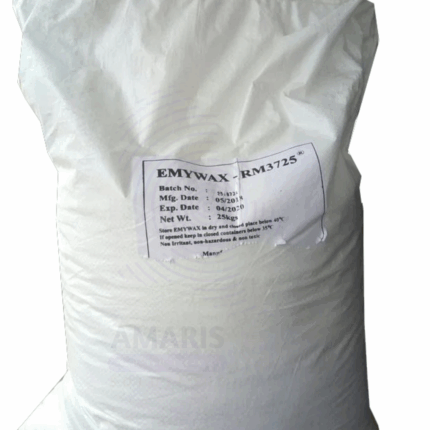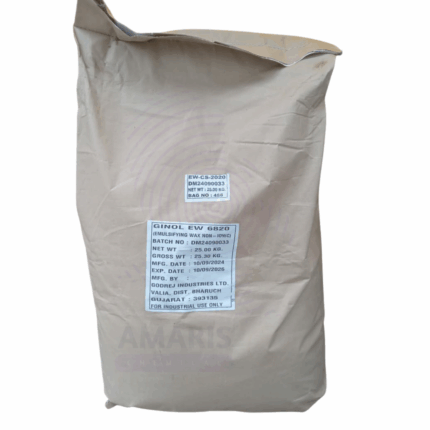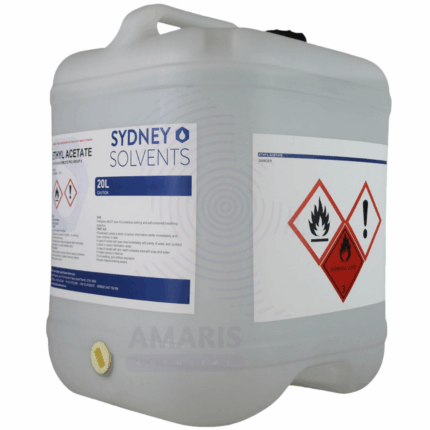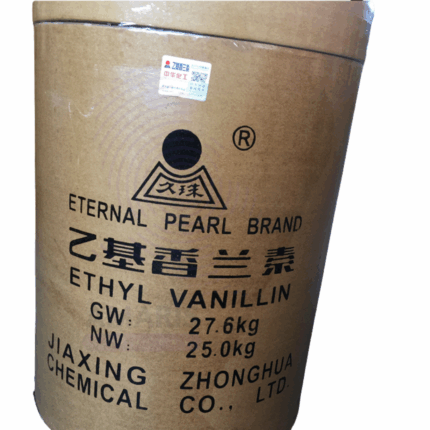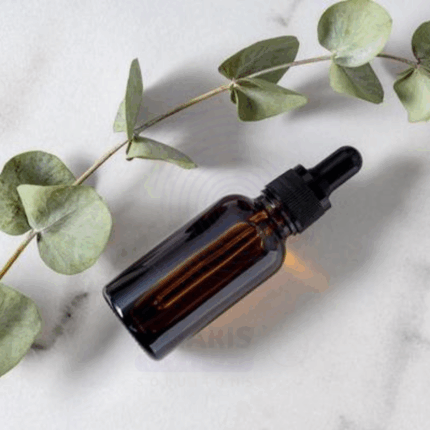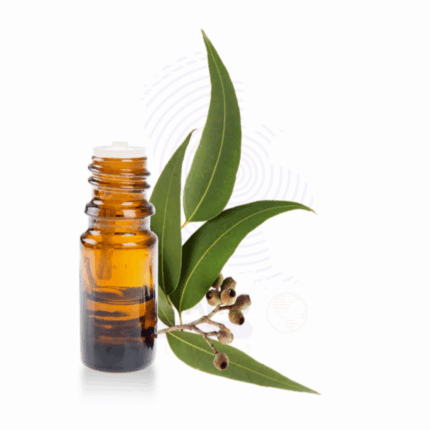Cinnamon Leaf Oil
Cinnamon Leaf Oil is an essential oil obtained by steam distillation of the leaves of the Cinnamomum zeylanicum or Cinnamomum verum tree. It has a warm, spicy, and slightly sweet aroma, distinct from cinnamon bark oil, with high levels of eugenol. This oil is prized for its antimicrobial, antioxidant, and analgesic properties. It is widely used in perfumery, aromatherapy, personal care, and natural medicine.
Used traditionally for respiratory relief, oral health, and topical analgesia, cinnamon leaf oil is now integrated into natural formulations for skincare, oral hygiene, massage, and household cleaning products. Its invigorating scent and therapeutic versatility make it valuable across cosmetic, pharmaceutical, and cleaning industries.
Cistus Oil
Cistus Oil, also known as Rock Rose Oil, is an aromatic essential oil derived from the resinous leaves and stems of the Cistus ladanifer or Cistus creticus plant through steam distillation. It has a warm, sweet, herbaceous scent with amber and balsamic undertones. This oil is highly valued for its grounding aroma and its historical use in wound healing, skin care, and emotional balancing.
Traditionally used in Mediterranean herbal practices, Cistus Oil is rich in monoterpenes and sesquiterpenes that offer antioxidant, antimicrobial, and skin-regenerating properties. It is widely utilized in natural perfumery, skin care formulations, wellness blends, and spiritual or meditative rituals.
Citric Acid Anhydrous
Citric Acid Anhydrous is a white, crystalline organic acid widely used across food, pharmaceutical, cosmetic, and industrial sectors. It is the anhydrous form of citric acid, meaning it contains no water molecules in its crystal lattice, resulting in higher purity and more concentrated acidic properties compared to its monohydrate form. Derived from natural sources like citrus fruits or produced via microbial fermentation, citric acid anhydrous is valued for its sour taste, excellent chelating ability, and buffering capacity. It serves as a natural preservative, pH adjuster, antioxidant synergist, and cleaning agent, making it a versatile ingredient in many formulations.
Citric Acid Monohydrate
Citric Acid Monohydrate is a white, crystalline powder or granule form of citric acid containing one molecule of water per molecule of acid. It is a natural organic acid commonly derived from citrus fruits or produced by fermentation processes. Citric Acid Monohydrate is widely used as an acidulant, preservative, and chelating agent in various industries. Compared to the anhydrous form, it has a slightly lower acid concentration due to the water molecule but offers excellent solubility and stability. It is prized for its sour flavor, buffering capacity, and ability to bind metal ions, making it indispensable in food, pharmaceutical, cosmetic, and industrial applications.
Citronella Oil
Citronella Oil is an essential oil obtained from the leaves and stems of various species of Cymbopogon grass, most commonly Cymbopogon nardus and Cymbopogon winterianus. It is extracted via steam distillation and is known for its fresh, lemony aroma. Citronella Oil is widely recognized for its insect-repelling properties, as well as its use in perfumery, aromatherapy, and natural cleaning products.
Rich in citronellal, geraniol, and citronellol, this oil is highly valued for its antimicrobial, antifungal, and deodorizing effects. It plays a significant role in personal care formulations, environmental hygiene products, and therapeutic applications.
Clary Sage Oil
Clary Sage Oil is a high-grade essential oil obtained through steam distillation of the flowering tops and leaves of Salvia sclarea, a perennial herb native to the Mediterranean region. It is known for its sweet, herbaceous, tea-like, and slightly floral aroma, with a high content of linalyl acetate, linalool, and sclareol. These compounds contribute to its antispasmodic, sedative, hormone-balancing, and antimicrobial properties.
This oil is widely valued in aromatherapy, cosmetics, perfumery, and wellness applications. It is particularly renowned for supporting women’s health, relieving stress, improving skin tone, and promoting emotional well-being. Clary Sage Oil is a key ingredient in holistic health and self-care routines and is frequently used in natural fragrance and therapeutic formulations.
Clove Bud Oil
Clove Bud Oil is a potent essential oil obtained through steam distillation of the flower buds of the Syzygium aromaticum (formerly Eugenia caryophyllata) tree. Renowned for its strong, spicy, and warm aroma, it is rich in eugenol — a powerful natural compound with significant antiseptic, analgesic, and antimicrobial properties.
Used historically in dental care, traditional medicine, and perfumery, Clove Bud Oil is now widely applied in cosmetics, oral care, food flavoring, wellness, and natural cleaning products. It is also valued in aromatherapy for its grounding and energizing effects.
Clove Leaf Oil
Clove Leaf Oil is a high-phenol essential oil extracted via steam distillation from the leaves of Syzygium aromaticum (formerly Eugenia caryophyllata). It typically contains up to 80–85% eugenol, which gives it a sharper, more herbaceous aroma than clove bud oil. This oil is prized for its potent antiseptic, analgesic, antifungal, and antioxidant properties. Used in oral care, topical formulations, fragrances, cleaning agents, and agricultural applications, it is valued for both its therapeutic efficacy and aromatic profile.
Coconut Oil Refined
Coconut Oil Refined is a purified oil extracted from dried coconut meat (copra) that undergoes refining, bleaching, and deodorizing (RBD) to remove impurities, odor, and flavor. The resulting oil is clear, colorless to pale yellow, with a neutral scent and a high smoke point, making it suitable for diverse applications. It is rich in medium-chain triglycerides (MCTs) that offer moisturizing, antimicrobial, and emollient properties. Refined Coconut Oil is widely used in cosmetic formulations, pharmaceutical excipients, food products, and cleaning agents for its versatility, stability, and skin-friendly characteristics.
Corn Oil
Corn Oil is a versatile, plant-based oil extracted from the germ of corn kernels (Zea mays) through mechanical pressing and solvent extraction, followed by refining. It is light yellow in color with a mild, neutral scent and a high smoke point, making it suitable for culinary, industrial, cosmetic, and pharmaceutical applications. Rich in polyunsaturated fatty acids, especially linoleic acid, and vitamin E, corn oil is valued for its emollient, antioxidant, and cholesterol-lowering properties.
Commonly used as a cooking and frying oil, it is also widely incorporated into margarine, salad dressings, and processed foods. In cosmetics, it functions as a skin-conditioning agent and emollient. Corn oil further finds use in pharmaceutical formulations, biofuel production, and industrial lubricants.
Costus Oil
Costus Oil is a rare essential oil derived from the steam-distilled roots of Saussurea costus (also known as Saussurea lappa), a Himalayan herb long valued in traditional systems such as Ayurveda, Unani, and Chinese medicine. The oil has a deep amber to brown color and a rich, earthy, woody, and musky aroma. It is well-known in perfumery as a natural fixative and is widely used in spiritual rituals, incense making, high-end fragrances, and therapeutic blends.
Due to its grounding scent and potential anti-inflammatory, antimicrobial, and calming properties, Costus Oil is incorporated into personal care, topical formulations, and aromatherapy. It is a powerful aromatic oil that must be used in moderation and diluted due to its strong sensitizing compounds.
Cotton Seed Oil
Cotton Seed Oil is a light, odorless, vegetable oil extracted from the seeds of the cotton plant (Gossypium hirsutum and Gossypium herbaceum) through solvent extraction and refining processes. It is pale yellow with a neutral flavor, making it ideal for culinary, cosmetic, and industrial applications. Rich in polyunsaturated fatty acids, tocopherols, and antioxidants, Cotton Seed Oil is valued for its stability and high smoke point in cooking, as well as its emollient and conditioning properties in skin and hair care products.
In cosmetic formulations, it helps soften, nourish, and protect skin and hair, while in food production, it is used in frying oils, dressings, and snacks. Industrially, it finds applications in biodiesel production and soap manufacturing.
Cross Carmellose Sodium BP
Cross Carmellose Sodium BP (also known as Croscarmellose Sodium or CCS) is a cross-linked sodium carboxymethyl cellulose polymer. It is a highly efficient, super-disintegrant commonly used in pharmaceutical tablet and capsule formulations. This white to off-white, odorless, and tasteless powder exhibits excellent swelling properties and rapid water uptake, which facilitates fast tablet disintegration and improves drug bioavailability. It is chemically stable, non-toxic, and compatible with a wide range of active pharmaceutical ingredients (APIs).
Cubeb Oil
Cubeb Oil is an essential oil steam-distilled from the dried berries of Piper cubeba, a plant native to Java and parts of Southeast Asia. With a warm, spicy, woody, and slightly camphoraceous aroma, Cubeb Oil is rich in sesquiterpenes and monoterpenes such as sabinene, cubebene, and caryophyllene. It has traditionally been used in herbal medicine for respiratory and urinary support and in perfumery for its distinctive spicy-woody scent.
In modern formulations, Cubeb Oil is valued for its antimicrobial, anti-inflammatory, and stimulating properties. It is commonly used in natural perfumery, masculine fragrances, therapeutic massage blends, and respiratory wellness products.
Cumin Seed Oil
Cumin Seed Oil is an essential oil obtained through steam distillation of the dried seeds of Cuminum cyminum, a herbaceous plant from the Apiaceae family. Known for its warm, spicy, earthy, and nutty aroma, cumin seed oil is rich in bioactive compounds like cuminaldehyde, cymene, and terpenes. It is traditionally used in Ayurvedic and Unani medicine for digestive, respiratory, and antimicrobial support.
In modern applications, cumin seed oil is valued for its antioxidant, antiseptic, and digestive-stimulating properties. It is used across cosmetic formulations, therapeutic massage products, aromatherapy blends, and flavoring applications.
Cypress Oil
Cypress Oil is an essential oil obtained by steam distillation of the needles, twigs, and cones of the Cupressus sempervirens tree. Known for its clean, woody, slightly spicy, and balsamic aroma, this oil contains key constituents such as alpha-pinene, delta-3-carene, and cedrol. It has been traditionally used for its astringent, anti-inflammatory, antiseptic, and decongestant properties.
Cypress Oil is widely used in aromatherapy, skincare, respiratory blends, muscle-relief products, and emotional wellness formulas. It is also found in perfumes, deodorants, and spa treatments for its grounding, fresh, and uplifting scent.
D-Limonene Oil
D-Limonene Oil is a naturally occurring monoterpene hydrocarbon extracted primarily from the rinds of citrus fruits, especially oranges and lemons. It is obtained through cold pressing or steam distillation of citrus peels and purified through fractional distillation. Known for its fresh, sweet, and zesty orange-like aroma, D-Limonene is widely used across multiple industries for its solvent properties, fragrance, and therapeutic benefits.
This oil is valued for its degreasing power, anti-inflammatory effects, and uplifting scent. It plays a vital role in cosmetics, cleaning formulations, pharmaceuticals, and food products, either as a solvent, active ingredient, or fragrance compound.
D-Panthenol USP
D-Panthenol USP, also known as Provitamin B5, is the dextrorotatory isomer of panthenol and is biologically active. It is a water-soluble, viscous, clear liquid with a slightly sweet odor and is widely used in pharmaceutical, cosmetic, personal care, and nutraceutical applications. D-Panthenol is the alcohol analog of pantothenic acid (Vitamin B5) and is converted into Vitamin B5 in the skin and body, where it plays a vital role in cellular metabolism and tissue repair. Its moisturizing, anti-inflammatory, and healing properties make it highly valuable across industries.
Davana Oil
Davana Oil is a premium essential oil derived from the flowering tops of the Artemisia pallens plant through steam distillation. Native to southern India, Davana is a highly aromatic herb traditionally used in Ayurvedic practices and religious rituals. The oil features a sweet, fruity, herbaceous aroma with subtle balsamic undertones, and it is known for its adaptogenic, antimicrobial, and mood-balancing properties.
This exotic oil is widely used in high-end perfumery for its unique scent that adapts slightly to each individual's skin chemistry. It also finds applications in skincare, aromatherapy, pharmaceuticals, and natural remedies. Its complex chemical profile makes it valuable for both therapeutic and olfactory formulations.
Defoamer
Defoamer is a high-performance, silicone-based antifoaming agent designed to eliminate and prevent foam formation in aqueous and non-aqueous systems. It is typically a milky-white or translucent emulsion composed of modified polydimethylsiloxane, hydrophobic silica, and proprietary surfactants or emulsifiers. Defoamer is known for its immediate foam knockdown, long-lasting suppression, and compatibility across diverse formulations. It is widely used in industrial processes, coatings, adhesives, water treatment, textiles, and more. It is effective at low concentrations, thermally stable, and resistant to shear and pH fluctuations.
Desgel HG (Carbomer)
Desgel HG is a high-purity Carbomer-based thickening agent, widely used in pharmaceutical, cosmetic, and personal care formulations. It is a cross-linked polyacrylic acid polymer, neutralized to form high-viscosity gels with excellent clarity and stability. Desgel HG is prized for its thickening, suspending, emulsifying, and stabilizing capabilities, especially in aqueous and hydroalcoholic systems. It is highly efficient at low concentrations and compatible with a wide pH range (when neutralized). This makes it ideal for use in gels, creams, lotions, hand sanitizers, topical formulations, and other semi-solid systems.
Dextrose Anhydrous BP Injectable
Dextrose Anhydrous BP Injectable is a sterile, highly purified crystalline form of glucose that serves as a critical energy source in intravenous therapy. It is widely used in parenteral nutrition, rehydration, and hypoglycemia management. The anhydrous form contains no water, allowing precise control of concentration in injectable solutions. Meeting British Pharmacopoeia (BP) standards, it ensures pharmaceutical-grade purity and sterility, suitable for direct injection or as a component in compounded IV fluids. It provides readily available carbohydrates metabolized to supply energy, regulate osmolarity, and maintain fluid-electrolyte balance in clinical care.
Dextrose Monohydrate
Dextrose Monohydrate is a crystalline form of glucose containing one molecule of water (monohydrate). It is a primary carbohydrate source widely used in pharmaceutical, food, and clinical nutrition applications. It provides readily available energy, serves as a sweetening agent, and acts as an osmotic agent in formulations. Dextrose Monohydrate meets pharmacopoeial standards (such as BP, USP) ensuring high purity, consistency, and safety for use in medical and food-grade products. Its solubility and stable crystalline form make it suitable for intravenous fluids, oral rehydration solutions, and food industry applications.
Diammonium Phosphate
Diammonium Phosphate (DAP) is a highly water-soluble, white crystalline fertilizer containing nitrogen and phosphorus. It is one of the most widely used phosphate fertilizers globally, providing a balanced source of nutrients essential for plant growth. DAP supplies ammonium nitrogen (NH₄⁺) and phosphate (PO₄³⁻), which promote vigorous root development, improve soil fertility, and enhance crop yield and quality. Besides agriculture, DAP serves important roles in food additives, fire retardants, and industrial applications. It’s favored for its high nutrient content, ease of application, and compatibility with other fertilizers and soil amendments.
Dicalcium Phosphate
Dicalcium Phosphate (DCP) is an inorganic compound commonly used as a dietary supplement, food additive, and a key raw material in pharmaceuticals and animal nutrition. It appears as a white crystalline powder or granules and provides a highly bioavailable source of calcium and phosphorus, essential minerals for bone health, metabolic functions, and overall growth. DCP is widely used in the feed industry, pharmaceutical manufacturing, food processing, and various industrial applications, appreciated for its purity, stability, and nutritional value.
Dicalcium Phosphate Dihydrate (DCP Dihydrate)
Dicalcium Phosphate Dihydrate (DCP Dihydrate) is an odorless, white crystalline powder or granule composed of calcium and phosphate in a hydrated form. It is widely used in the pharmaceutical, food, animal feed, and industrial sectors. It serves as a calcium and phosphorus supplement, excipient, and abrasive agent, valued for its stability, bioavailability, and neutral taste. DCP Dihydrate complies with various pharmacopeial standards (e.g., USP, BP, FCC) depending on the grade.
Dill Herb Oil
Dill Herb Oil is a steam-distilled essential oil extracted from the fresh or partially dried herbaceous parts of the Anethum graveolens plant, commonly known as dill. Unlike dill seed oil, which is distilled from the seeds, dill herb oil has a lighter, fresher, and slightly grassy aroma with a faint sweetness and subtle spicy undertones. It is valued for its carminative, digestive, antispasmodic, antimicrobial, and calming properties.
This oil is traditionally used in digestive remedies, culinary formulations, aromatherapy blends, and topical preparations. It’s a common ingredient in natural health products, skincare, and child-friendly wellness products due to its mildness and effectiveness. Dill herb oil is also employed in food and beverage applications and niche perfumery for its green, aromatic character.
Dill Seed Oil
Dill Seed Oil is an essential oil derived through steam distillation of the dried seeds of the Anethum graveolens plant. Compared to dill herb oil, this variant carries a stronger, spicier, and more pungent aroma with prominent caraway-like notes due to its high carvone content. It is traditionally valued for its digestive, carminative, antispasmodic, and antimicrobial properties.
Dill Seed Oil finds wide application across the pharmaceutical, food and beverage, cosmetic, and aromatherapy sectors. It is also used in perfumery, oral care, pet care, and household cleaning products for its aromatic and therapeutic qualities.
Dill Seed Oil Terpeneless
Dill Seed Oil Terpeneless is a refined essential oil obtained by steam distillation of the seeds of Anethum graveolens, with terpenes removed to reduce its sharpness and volatility. It has a mild, sweet, herbaceous aroma with faint spicy undertones. This oil is prized for its improved stability, softer fragrance profile, and enhanced suitability in cosmetic, pharmaceutical, and cleaning applications. Traditionally used for digestive support and antimicrobial properties, dill seed oil terpeneless is incorporated in natural personal care products, aromatherapy, and household formulations.
Dipotassium Hydrogen Phosphate
Dipotassium Hydrogen Phosphate (also known as dipotassium phosphate, DKP) is an inorganic salt used widely as a buffering agent, emulsifier, and nutritional supplement in various industries. It is a white, crystalline, highly water-soluble powder with alkaline properties. DKP plays a vital role in food processing, pharmaceuticals, water treatment, and agriculture due to its ability to stabilize pH, improve texture, and supply essential potassium and phosphate ions.
Disodium EDTA
Disodium EDTA (Ethylenediaminetetraacetic acid disodium salt) is a white, odorless, crystalline powder known for its strong chelating properties. With a purity of 99%, it is widely used across numerous industries to bind metal ions, improve stability, and enhance performance in formulations. Disodium EDTA is highly soluble in water, slightly acidic to neutral in solution, and stable under standard storage conditions. Its ability to sequester metal ions like calcium, magnesium, and iron makes it a critical additive in food, pharmaceuticals, cosmetics, water treatment, and industrial applications.
Disodium Hydrogen Phosphate
Disodium Hydrogen Phosphate, also known as sodium phosphate dibasic, is an inorganic salt widely used as a buffering agent, emulsifier, and food additive. It appears as a white, odorless crystalline powder or granules that are highly soluble in water and alkaline in nature. It plays a crucial role in maintaining pH balance, stabilizing formulations, and supplying essential sodium and phosphate ions in various industries including food, pharmaceuticals, water treatment, and agriculture.
Disodium Hydrogen Phosphate Dihydrate (Na₂HPO₄·2H₂O)
Disodium Hydrogen Phosphate Dihydrate is the hydrated form of disodium hydrogen phosphate, a white crystalline powder commonly used as a buffering agent, emulsifier, and sequestrant. The dihydrate form contains two water molecules per formula unit, which affects its physical properties such as melting point and solubility. It is widely applied in food, pharmaceutical, water treatment, and industrial processes to maintain pH stability, improve texture, and supply essential sodium and phosphate ions.
Disodium Phosphate
Disodium Phosphate, also known as sodium phosphate dibasic, is an inorganic compound widely used for its buffering, emulsifying, and chelating properties. It commonly appears as a white, odorless crystalline powder or granules that are highly soluble in water and alkaline in nature. Disodium Phosphate plays a vital role in regulating pH, improving stability in formulations, and providing essential sodium and phosphate ions. It finds extensive use across food processing, pharmaceuticals, water treatment, agriculture, and industrial applications.
Distilled Monoglycerides Remosoft
Distilled Monoglycerides Remosoft are purified monoglycerides derived from the glycerolysis of edible fats and oils, followed by a distillation process that removes impurities and enhances purity. They are colorless to pale yellow, odorless, and possess excellent emulsifying properties. DMG is widely used in food, pharmaceutical, and cosmetic industries due to its surface-active properties, ability to stabilize emulsions, and function as an anti-caking and lubricating agent. The distilled grade ensures high purity and low free fatty acid content, making it suitable for sensitive applications.
Dried Aluminium Hyroxide Gel
Dried Aluminium Hyroxide Gel is a highly purified, finely dispersed aluminum hydroxide product obtained by drying aluminum hydroxide gels. It is a white, amorphous, odorless powder with excellent adsorptive and neutralizing properties. This material serves as an effective antacid, a flame retardant filler, and an adsorbent in pharmaceutical, cosmetic, and industrial applications. Its gel form ensures high surface area and porosity, making it highly reactive and efficient in acid neutralization and catalysis. Dried Aluminum Hydroxide Gel is widely used for its buffering capacity and chemical inertness in various formulations.
Dried Aluminum Hydroxide Gel
Dried Aluminum Hydroxide Gel is a highly purified, finely dispersed aluminum hydroxide product obtained by drying aluminum hydroxide gels. It is a white, amorphous, odorless powder with excellent adsorptive and neutralizing properties. This material serves as an effective antacid, a flame retardant filler, and an adsorbent in pharmaceutical, cosmetic, and industrial applications. Its gel form ensures high surface area and porosity, making it highly reactive and efficient in acid neutralization and catalysis. Dried Aluminum Hydroxide Gel is widely used for its buffering capacity and chemical inertness in various formulations.
EDTA Disodium Salt
EDTA Disodium Salt (Ethylenediaminetetraacetic acid disodium salt) is a widely used chelating agent that binds metal ions to form stable complexes. It effectively sequesters divalent and trivalent metal ions such as calcium, magnesium, iron, and heavy metals, preventing their participation in unwanted chemical reactions. This property makes it essential in a wide range of industrial, pharmaceutical, cosmetic, agricultural, and water treatment applications. The disodium salt form offers excellent water solubility and is often used in neutral to slightly alkaline systems.
Elderberry Seed Oil
Elderberry Seed Oil is a natural, cold-pressed oil extracted from the seeds of the Sambucus nigra plant. It is prized for its rich content of essential fatty acids, antioxidants, and vitamins, offering nourishing and rejuvenating benefits for skin and hair. This lightweight oil absorbs quickly and is valued for its moisturizing, anti-inflammatory, and anti-aging properties. Elderberry Seed Oil is commonly used in cosmetics, personal care, and therapeutic formulations.
Elecampane Oil
Elecampane Oil is an essential oil extracted by steam distillation from the roots of Inula helenium. It has a warm, sweet, balsamic, and slightly camphoraceous aroma. Traditionally valued for its expectorant, antimicrobial, and anti-inflammatory properties, Elecampane Oil is used in respiratory therapies, digestive health products, and topical applications. It is prized in aromatherapy and herbal medicine for supporting lung and skin health.
Emulsifier (Emulgator)
Emulsifier is a nonionic surfactant belonging to the family of Nonylphenol Ethoxylates (NPEs), specifically with an average of 9 ethylene oxide (EO) units. It is widely used as an effective emulsifying, wetting, dispersing, and solubilizing agent. NP-9 is typically a pale yellow to amber viscous liquid, soluble in water and various organic solvents. It is valued for its strong emulsifying ability to stabilize oil-in-water (O/W) and water-in-oil (W/O) emulsions, excellent detergency, and good compatibility with other surfactants and formulation ingredients. NP-9 is commonly employed in industrial, agricultural, cosmetic, pharmaceutical, and cleaning applications.
Erythrosine
Erythrosine is a high-purity red synthetic dye classified as a tetraiodofluorescein salt, commonly used as a colorant in food, cosmetics, pharmaceuticals, and industrial applications. It is a water-soluble, dark red to reddish-brown powder with excellent tinting strength and brightness. Erythrosine is valued for its vivid red color, good stability under normal conditions, and compatibility with a variety of formulation systems. It is widely used to impart red hues in candies, beverages, cosmetics, and diagnostic reagents.
Ethyl Acetate
Ethyl Acetate is a clear, colorless, volatile organic solvent with a characteristic sweet, fruity odor reminiscent of pear drops. It is an ester formed by the condensation of ethanol and acetic acid. Known for its excellent solvency, low toxicity, and rapid evaporation rate, Ethyl Acetate is widely used as a solvent in coatings, adhesives, inks, pharmaceuticals, and chemical synthesis. It is miscible with most organic solvents and partially soluble in water. Ethyl Acetate offers high volatility, making it ideal for quick-drying formulations.
Ethylvanilin
Ethylvanilin (3-Ethoxy-4-hydroxybenzaldehyde) is a synthetic aromatic aldehyde widely used as a flavoring agent and fragrance ingredient. It is a white to pale yellow crystalline powder with a strong, sweet vanilla-like odor, but more intense than natural vanillin. Ethylvanillin offers excellent flavor stability, solubility in alcohol and oils, and is valued for its enhanced vanilla aroma in food, beverage, cosmetics, and pharmaceutical formulations. Due to its potent scent and flavor profile, it is a preferred substitute or complement to natural vanilla extract.
Ethylvanillin
Ethylvanillin (3-Ethoxy-4-hydroxybenzaldehyde) is a synthetic aromatic aldehyde widely used as a flavoring agent and fragrance ingredient. It is a white to pale yellow crystalline powder with a strong, sweet vanilla-like odor, but more intense than natural vanillin. Ethylvanillin offers excellent flavor stability, solubility in alcohol and oils, and is valued for its enhanced vanilla aroma in food, beverage, cosmetics, and pharmaceutical formulations. Due to its potent scent and flavor profile, it is a preferred substitute or complement to natural vanilla extract.
Eucalyptus Globulus Oil
Eucalyptus Globulus Oil is an essential oil obtained by steam distillation of the fresh leaves and young branches of the Eucalyptus globulus tree. It is characterized by a fresh, camphoraceous, and slightly medicinal aroma with a clear, pale yellow to greenish color. This oil is renowned for its antiseptic, decongestant, and anti-inflammatory properties, making it widely used in medicinal, cosmetic, and cleaning products.
Traditionally used for respiratory relief, muscle pain, and skin conditions, eucalyptus oil has also become popular in aromatherapy, personal care, and household applications. Its refreshing scent and therapeutic effects make it a valuable ingredient across pharmaceutical, cosmetic, and cleaning industries.
Eucalyptus Oil
Eucalyptus Oil is an essential oil extracted by steam distillation from the leaves of the Eucalyptus globulus tree. Known for its fresh, camphoraceous, and invigorating aroma, this oil is rich in cineole (eucalyptol), which imparts powerful antiseptic, decongestant, and anti-inflammatory properties. Widely used in pharmaceuticals, personal care, and cleaning products, eucalyptus oil supports respiratory health, acts as a natural insect repellent, and serves as a refreshing fragrance ingredient in aromatherapy and household applications. Its antimicrobial activity makes it valuable in topical formulations and natural disinfectants.


 Acidulants
Acidulants Antioxidants
Antioxidants Nutraceutical Ingredients (food)
Nutraceutical Ingredients (food)
 Collectors
Collectors Dust Suppressants
Dust Suppressants Explosives and Blasting Agents
Explosives and Blasting Agents Flocculants and Coagulants
Flocculants and Coagulants Frothers
Frothers Leaching Agents
Leaching Agents pH Modifiers
pH Modifiers Precious Metal Extraction Agents
Precious Metal Extraction Agents
 Antioxidants(plastic)
Antioxidants(plastic) Colorants (Pigments, Dyes)
Colorants (Pigments, Dyes) Fillers and Reinforcements
Fillers and Reinforcements Flame Retardants
Flame Retardants Monomers
Monomers Plasticizers
Plasticizers Polymerization Initiators
Polymerization Initiators Stabilizers (UV, Heat)
Stabilizers (UV, Heat)
 Antifoaming Agents
Antifoaming Agents Chelating Agents
Chelating Agents Coagulants and Flocculants
Coagulants and Flocculants Corrosion Inhibitors
Corrosion Inhibitors Disinfectants and Biocides
Disinfectants and Biocides Oxidizing Agents
Oxidizing Agents pH Adjusters
pH Adjusters Scale Inhibitors( water)
Scale Inhibitors( water)
 Antioxidants(cosmetic)
Antioxidants(cosmetic) Emollients
Emollients Fragrances and Essential Oils
Fragrances and Essential Oils Humectants
Humectants Preservatives
Preservatives Surfactants(cosmetic)
Surfactants(cosmetic) Thickeners
Thickeners UV Filters
UV Filters
 Fertilizers
Fertilizers Soil Conditioners
Soil Conditioners Plant Growth Regulators
Plant Growth Regulators Animal Feed Additives
Animal Feed Additives Biostimulants
Biostimulants Pesticides (Herbicides, Insecticides, Fungicides)
Pesticides (Herbicides, Insecticides, Fungicides)
 Active Pharmaceutical Ingredients (APIs)
Active Pharmaceutical Ingredients (APIs) Excipients
Excipients Solvents(pharmaceutical)
Solvents(pharmaceutical) Antibiotics
Antibiotics Antiseptics and Disinfectants
Antiseptics and Disinfectants Vaccine Adjuvants
Vaccine Adjuvants Nutraceutical Ingredients (pharmaceutical)
Nutraceutical Ingredients (pharmaceutical) Analgesics & Antipyretics
Analgesics & Antipyretics
 Analytical Reagents
Analytical Reagents Chromatography Chemicals
Chromatography Chemicals Spectroscopy Reagents
Spectroscopy Reagents Molecular Biology Reagents
Molecular Biology Reagents Biochemical Reagents
Biochemical Reagents Inorganic and Organic Standards
Inorganic and Organic Standards Laboratory Safety Chemicals
Laboratory Safety Chemicals Specialty Laboratory Chemicals(Special Laboratory Equipment)
Specialty Laboratory Chemicals(Special Laboratory Equipment)
 Demulsifiers
Demulsifiers Hydraulic Fracturing Fluids
Hydraulic Fracturing Fluids Scale Inhibitors(oil)
Scale Inhibitors(oil) Surfactants(oil)
Surfactants(oil) Drilling Fluids
Drilling Fluids
 Dyes and Pigments
Dyes and Pigments Bleaching Agents
Bleaching Agents Softening Agents
Softening Agents Finishing Agents
Finishing Agents Antistatic Agents
Antistatic Agents
 Admixtures
Admixtures Waterproofing Agents
Waterproofing Agents Sealants and Adhesives
Sealants and Adhesives Curing Compounds
Curing Compounds Concrete Repair Chemicals
Concrete Repair Chemicals Anti-Corrosion Coatings
Anti-Corrosion Coatings
 Surfactants(cleaning)
Surfactants(cleaning) Builders
Builders Enzymes
Enzymes Solvents (Cleaning)
Solvents (Cleaning) Fragrances
Fragrances
 Electronic Chemicals
Electronic Chemicals Catalysts
Catalysts Lubricants
Lubricants Photographic Chemicals
Photographic Chemicals Refrigerants
Refrigerants Automotive chemicals
Automotive chemicals Pyrotechnic Chemicals
Pyrotechnic Chemicals
 Biodegradable Surfactants
Biodegradable Surfactants Bio-based Solvents
Bio-based Solvents Renewable Polymers
Renewable Polymers Carbon Capture Chemicals
Carbon Capture Chemicals Wastewater Treatment Chemicals
Wastewater Treatment Chemicals
 Pigments
Pigments Solvents(paint)
Solvents(paint) Specialty Coatings
Specialty Coatings Binders/Resins
Binders/Resins Additives
Additives Driers
Driers Anti-Corrosion Agents
Anti-Corrosion Agents Functional Coatings
Functional Coatings Application-Specific Coatings
Application-Specific Coatings
 Fresh Herbs
Fresh Herbs Ground Spices
Ground Spices Whole Spices
Whole Spices Spice Blends
Spice Blends Dried Herbs
Dried Herbs
 Leavening Agents
Leavening Agents Dough Conditioners
Dough Conditioners Flour Treatments
Flour Treatments Fat Replacers
Fat Replacers Decoratives
Decoratives Preservatives(baking)
Preservatives(baking)
 Plasticizers & Softeners
Plasticizers & Softeners Reinforcing Agents
Reinforcing Agents Adhesion Promoters
Adhesion Promoters Vulcanizing Agents
Vulcanizing Agents Antidegradants
Antidegradants Blowing Agents
Blowing Agents Fillers & Extenders
Fillers & Extenders Accelerators & Retarders
Accelerators & Retarders

















